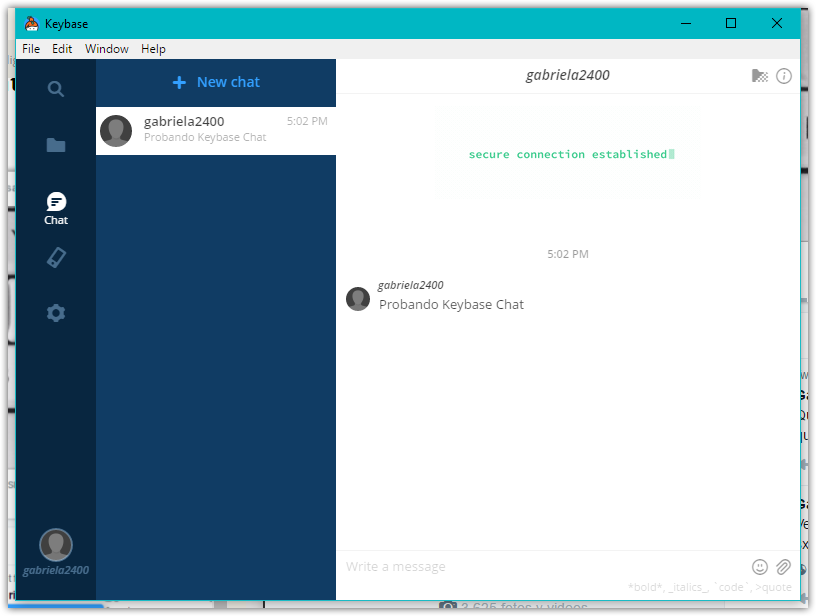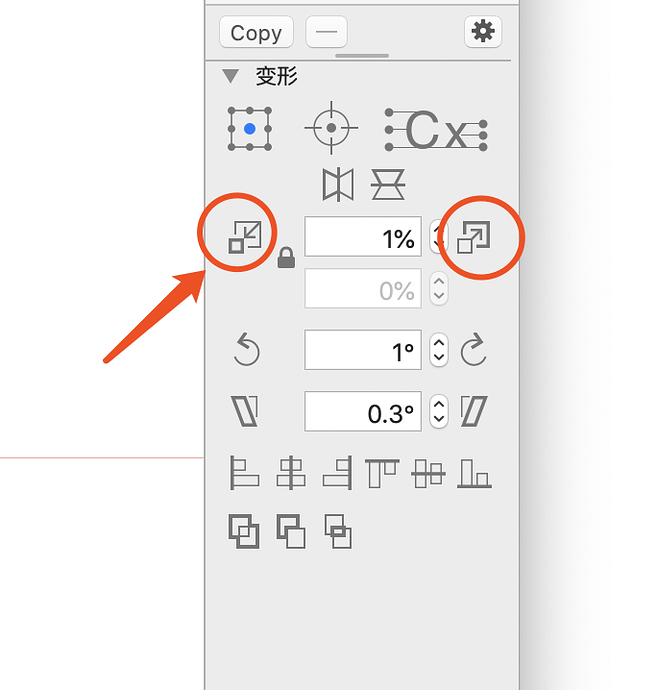

If you authorize, the Settings Sync setting on your GitHub profile will be enabled, and the repository will be added to a list of trusted repositories so that future codespaces on that repository will automatically have Settings Sync enabled in VS Code for the Web. You will then be prompted for permission to enable Settings Sync for the repository. The quickest way to enable Settings Sync is to start a codespace using the VS Code for the Web client, then choose 'Turn on Settings Sync…' Codespaces will also remember your choice. If you enable Settings Sync, the sync is two-way for repositories you trust, and one-way for untrusted repositories. With today's release, you can now choose whether to enable Settings Sync. Prior to this release, Settings Sync for the VS Code web client was one-way by default, and two-way sync had to be enabled manually for each codespace. Codespaces exposes this capability as a way to personalize your experience. Visual Studio Code enables users to Sync Settings between VS Code environments.

You must be watching the repository where the secret was detected and have email notifications enabled in your user settings. For future historical scans, such as for newly added patterns, you will receive an email notification for each repository where a secret was found.You do not need to watch any repositories to receive the secret scanning summary email. For the first historical scan after you enable secret scanning, you must have email notifications enabled in your user settings.While repository administrators will still receive an email notification per repository, organization and enterprise owners will now receive only a single notification upon the historical scan's completion. Previously, secret scanning would send one email per repository where secrets were detected, provided that you were watching the repository and had email notifications enabled in your user settings enabled. You'll also receive a link to your security overview page for each secret, where you can view details for each detected secret. The email notification will tell you how many, if any, secrets were detected across all repositories within your organization or enterprise. If you are an organization or enterprise owner, you will now receive a secret scanning summary email when the historical scan completes. All users can enable push protection for public repositories, for free. GitHub Advanced Security customers can also scan for Aiven tokens and block them from entering their private repositories. You can read more information about Aiven’s tokens here. Aiven will not revoke credentials without prior communication and acknowledgement from the project owner. GitHub will forward access tokens found in public repositories to Aiven, and the Aiven Customer Success Team will contact project owners via the normal service channel and work with them to rotate and revoke the affected credentials. Aiven tokens allow users to interact with Aiven hosted services and the Aiven API.

We have partnered with Aiven to scan for their tokens and help secure our mutual users on public repositories. By identifying and flagging these secrets, our scans help prevent data leaks and fraud. GitHub secret scanning protects users by searching repositories for known types of secrets.


 0 kommentar(er)
0 kommentar(er)
